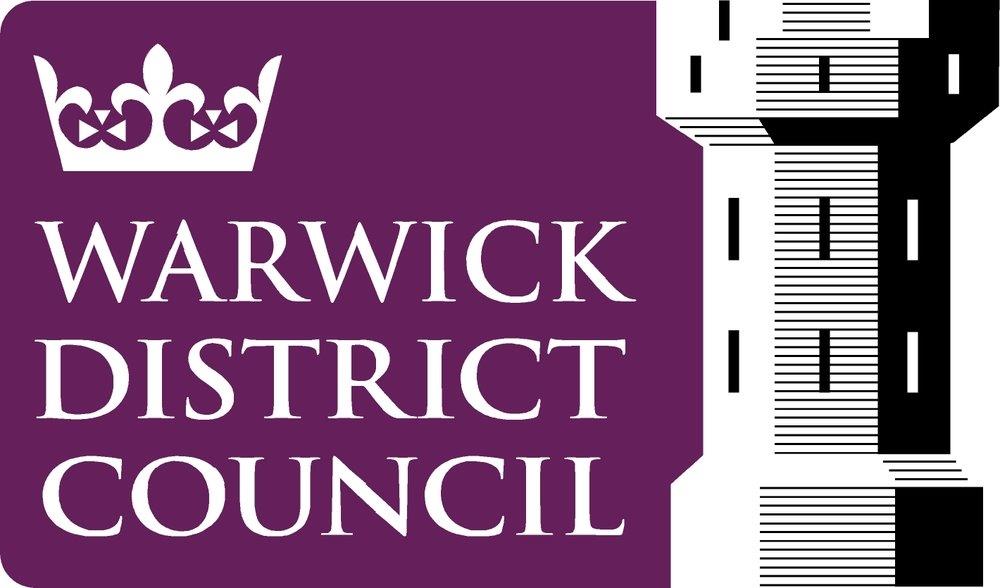No Mow May
Warwick District Council is committed to No Mow May and having had the time to reflect on and resolve the issues encountered last year, is bringing it back again this year. Not only will it be supported across the District Council’s parks and open spaces, but the Council is encouraging residents to join them once again and leave their own gardens and spaces to grow without a mow during the month of May.
Why is the Council committed to No Mow May?
The Council declared an Ecological Emergency in 2022 and last week agreed a new programme of actions which will guide the Council in creating a district that is rich in nature by halting biodiversity loss and putting nature on a path to recovery, with a particular focus on the Council’s own land and operations. A part of this programme is to support No Mow May.
The UK is one of the most nature depleted countries in the world! Leaving grass and wild plants to grow naturally throughout May gives wild plants, insects, and other wildlife a much-needed boost ahead of summer, as well as tackling pollution, reducing flooding and urban heat extremes, and locking away atmospheric carbon below ground.
What’s new?
Last year was the first time the Council supported this initiative and feedback received from residents has been used to guide the initiative this year. As always, safety is paramount and there will be a change to the way highway verges are managed to maintain visibility. Council housing estates, children’s play areas, sports pitches and cemeteries will be excluded, and the Council will continue to mow these locations.
Councillor Will Roberts, Portfolio Holder for Neighbourhood Services, said: “Participating in No Mow May is an important part of our Biodiversity Action Programme and despite the heavy rainfall affecting our grass cutting already this
year, we are fully committed to going ahead with it and have the support of our colleagues at Warwickshire County Council.
“Last year was very much a learning curve and I want to reassure residents that we have listened to their feedback and will be doing things differently this year. Allowing grass and wildflowers to grow unbothered for a month creates habitats and food sources for early-season pollinators when other flowers are scarce. I hope residents will support and create their own No Mow May areas. This is not only an opportunity to support pollinators, but also learn more about our local biodiversity.”
Join us!
Even the smallest of gardens can create a haven for plants and creatures and support the biodiversity of our natural environment. Perhaps you will learn to love the wild look of blooming plants and flowers and enjoy the bees and butterflies they attract.
If you want to update your neighbours, then you can download one of the new “I’m Supporting No Mow May” posters from No Mow May - Warwick District Council (warwickdc.gov.uk), pop it in your window to show your support, or better still, knock their door and ask them to join you!
Notes to editors
Biodiversity is the variety of life on Earth. It is all the species of plants, animals, fungi and microorganisms like bacteria that work together, like an intricate web, to maintain and support life.
Without it, we cannot have the healthy ecosystems that we rely on to provide us with everything we need – oxygen, clean water, food, medicine, and shelter.
Full details of the Council’s Biodiversity Action Programme can be found at www.warwickdc.gov.uk/biodiversity

